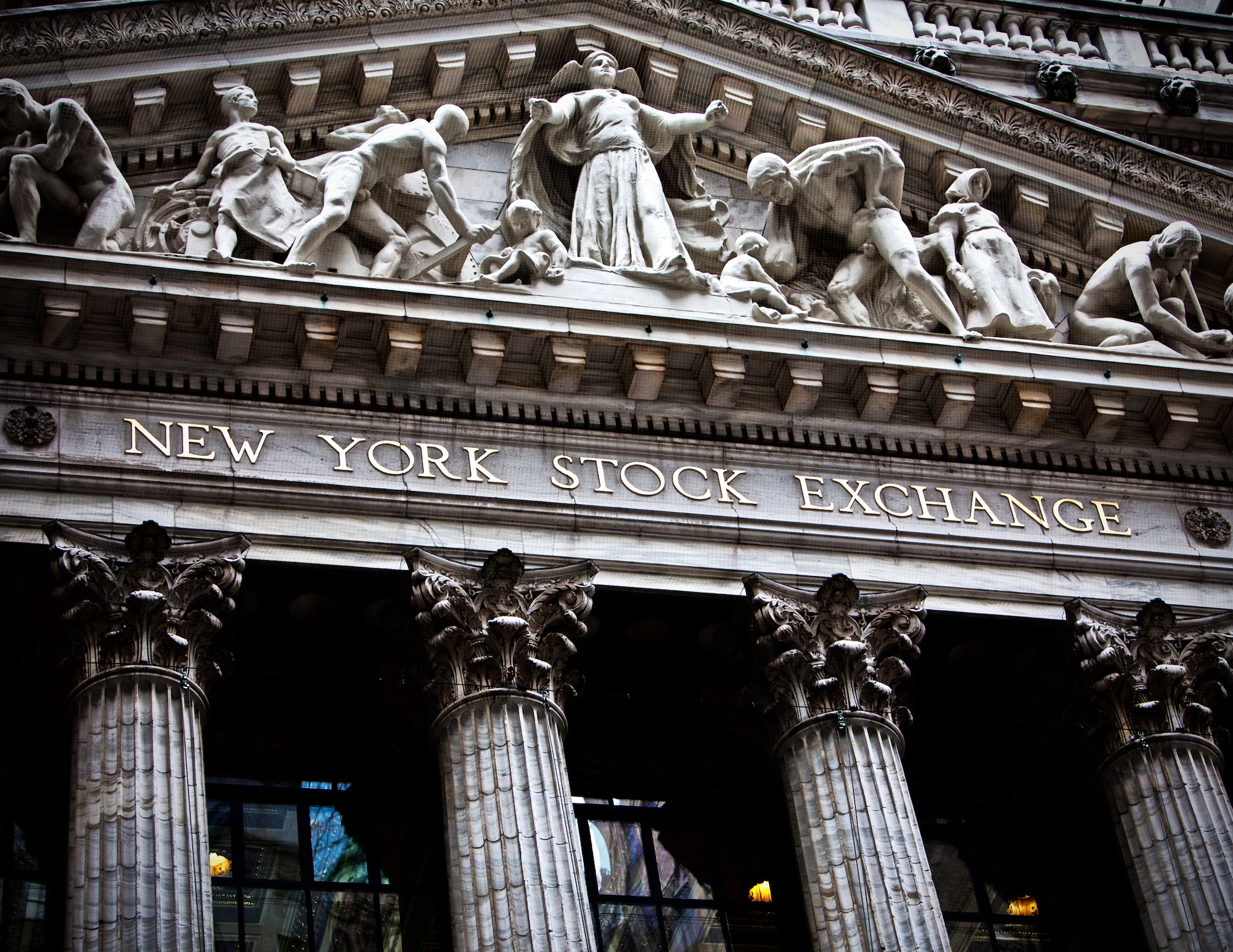

The Issue
Financial markets have ceased to play their vital role channeling capital to productive uses. Instead, they more often take capital back out of businesses. While nearly all public companies used to be “sustainers” that both invested in their future and returned capital to shareholders, now nearly half are “eroders,” disgorging so much cash that they fail to maintain their own capital base.
What Voters Say
- 57% of GOP voters say, “Wall Street investors are getting rich doing things that weaken our economy.” Only 43% say, “Wall Street investors play an important role in strengthening our economy.”
- 85% of GOP voters favor greater worker power that drives up wages. In a situation where employers complain that they cannot find enough workers, 85% of GOP workers say this is “a tight labor market, which is good. Employers should offer better jobs and higher pay if they need more workers.”
Why It Matters
Financial markets play a vital role in a well-functioning economy, channeling investment toward its most valuable uses. But the market’s only measure of value is the profit that the investment returns, which means that financial markets will only serve the nation well if the most profitable investments are also the ones that drive innovation, create good jobs, promote domestic production, and ensure resilience and national security.
In recent decades, that link between the most profitable activities and the most productive ones has been broken. Rather than fund the growth of businesses in the real economy, Wall Street is now more likely to take cash back out of the businesses, even when that weakens their long-term prospects. Wall Street firms earn their profits through speculation and financial engineering, finding creative ways to generate profits from trading with other people’s money and manipulating the structure of businesses that others have already built.
Of particular concern are the private equity and hedge fund industries, which control trillions of dollars in capital and have collected hundreds of billions of dollars in fees while generating much higher levels of bankruptcy, lower wages for workers, and worse returns than simple index funds. The largest investors in these “alternative asset classes” are public pension funds controlled by political appointees and backstopped by taxpayers. In many cases, these managers appear to be paying exorbitant fees precisely because they appreciate the opacity and complexity of the investment products, which prevent them from being held accountable for performing well.
Wall Street’s dysfunction is harming American businesses and workers. Finance has become the most popular profession for graduates of top business schools, and it claims a wildly disproportionate share of the economy’s profits. Yet at the same time, investment has been declining economy-wide, and with it the innovation and productivity growth that lead to rising wages. For the American economy to boom again, financial markets will have to return to their proper role promoting productive investment.
Political Leaders
What to Talk About
- People should get rich creating value. There’s nothing wrong with wealth that’s well deserved, earned by providing things of value to others. But if people are getting rich doing nothing of value or, worse, destroying value, then capitalism is failing. Defending capitalism requires acknowledging the failure and fixing it.
- The fall of American industry. The nation’s industrial crown jewels, innovative companies like Intel, Boeing, and General Electric, have all fallen victim to the “financialization” of their businesses. Managers and shareholders cared less about building great companies and products than about maximizing short-term profit. The result was that these companies generated enormous returns for their investors but stopped innovating and lost their positions of global leadership. America is weaker as a result.
- Real economy versus fake economy. Real wealth and prosperity for the nation and its citizens can come only from getting better at expanding the capacity to build things and provide services. When businesses grow in this way, their owners and investors can grow wealthy while their workers and communities prosper. But when profits come from trading and speculation, no real wealth is created. Profits and stock values may rise, but neither improves quality of life or provides a sustainable foundation for real growth.
Policy Proposals
- Ban stock buybacks. Businesses return more than $1 trillion back to financial markets through stock buybacks each year, manipulating their stock prices while weakening their future prospects. This was illegal until the 1980s and should be illegal again. Shareholders can receive cash back through dividends, the traditional method of distributing profits.
- Impose a financial transaction tax. Major financial centers like London and Hong Kong impose a small tax on each financial market transaction. The tax represents a negligible share of a transaction’s cost but discourages “high frequency” trading strategies that rely upon trading stocks over and over again without concern for actual value.
- Reform the bankruptcy process. Financial firms load debt onto businesses to increase their return on investment, but in the process they make bankruptcy five to ten times more likely. The risk-reward tradeoff works for them, but not of the workers who see none of the upside profit yet face all of the downside risk. Workers who lose their jobs in a bankruptcy should be entitled to payments before the creditors who made the bad loans.
- Hold pension investors accountable. Financial firms that invest public money like pensions should be required to publicly disclose their fees and performance.
Media
What to Ask
- Research shows that a company is five times more likely to go bankrupt after acquisition by a private equity firm. Are such acquisitions good for workers or the economy and, if not, why should they be legal?
- Why do you think private equity and hedge funds are able to collect hundreds of billions of dollars in fees when their performance is on better than simple index funds?
- What do hedge funds accomplish with high-frequency trading besides capturing profits that would otherwise go to less sophisticated individual investors and retirees?
Assignment Desk
- Compare American companies that have executed enormous buybacks with global competitors who have made larger capital investments (Intel vs. TSMC, Boeing vs. Airbus, GE vs. Siemens, etc.). What happened?
- An increasing share of top engineering talent chooses to go into finance. Why? Ask them.
- How do large public pension funds choose their alternative investment providers? What relationships do the managers have with the investment firms and how do they make their decisions?
More from Issues 2024
Issues 2024: Middle-Class Security
Stagnating wages have prevented workers from keeping up with the costs of attaining middle-class security in America.
Issues 2024: Worker Power
For 50 years, businesses have been finding ways to succeed while offering fewer secure jobs to American workers, leading to surging growth and profits while wages stagnated.
Issues 2024: Industrial Policy
A strong industrial base is vital to workers and their communities, the rate of technological and economic progress, and national security.
Issues 2024: Globalization
Revitalizing the national economy must begin with restoring the incentive to invest and build in America.
Issues 2024: Family
The cost of achieving middle-class security has risen much faster than the typical wage, and now the nation’s fertility rate is plummeting.














